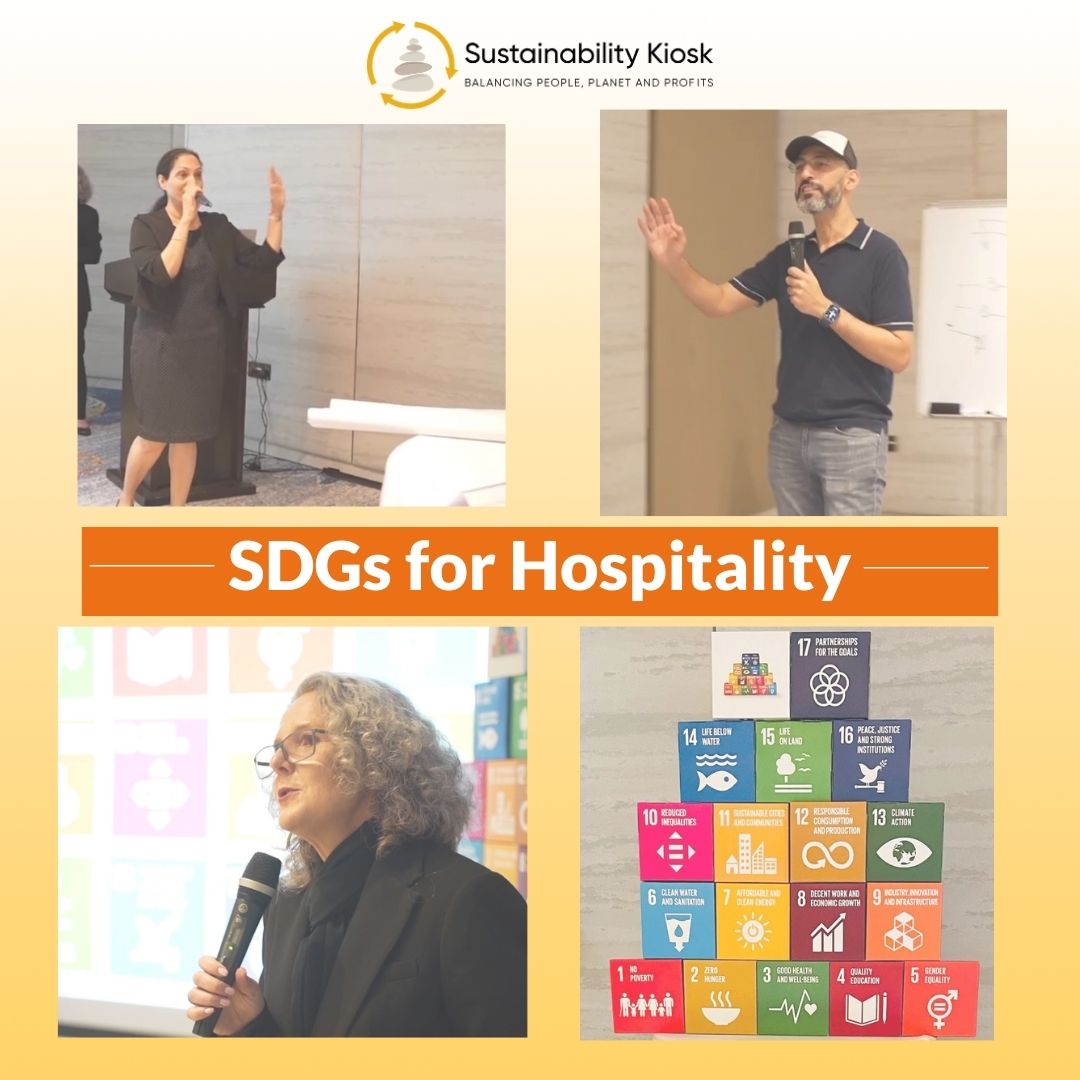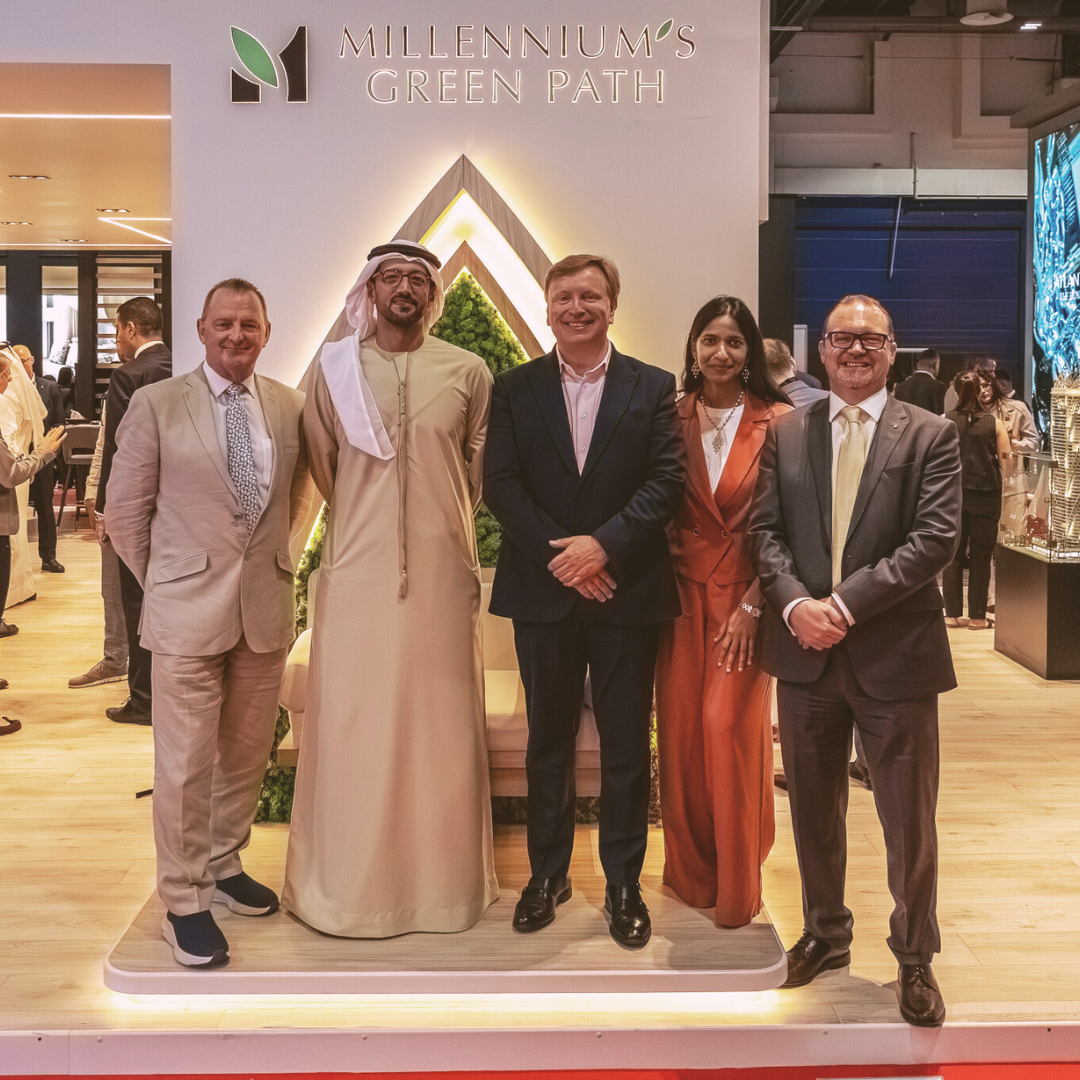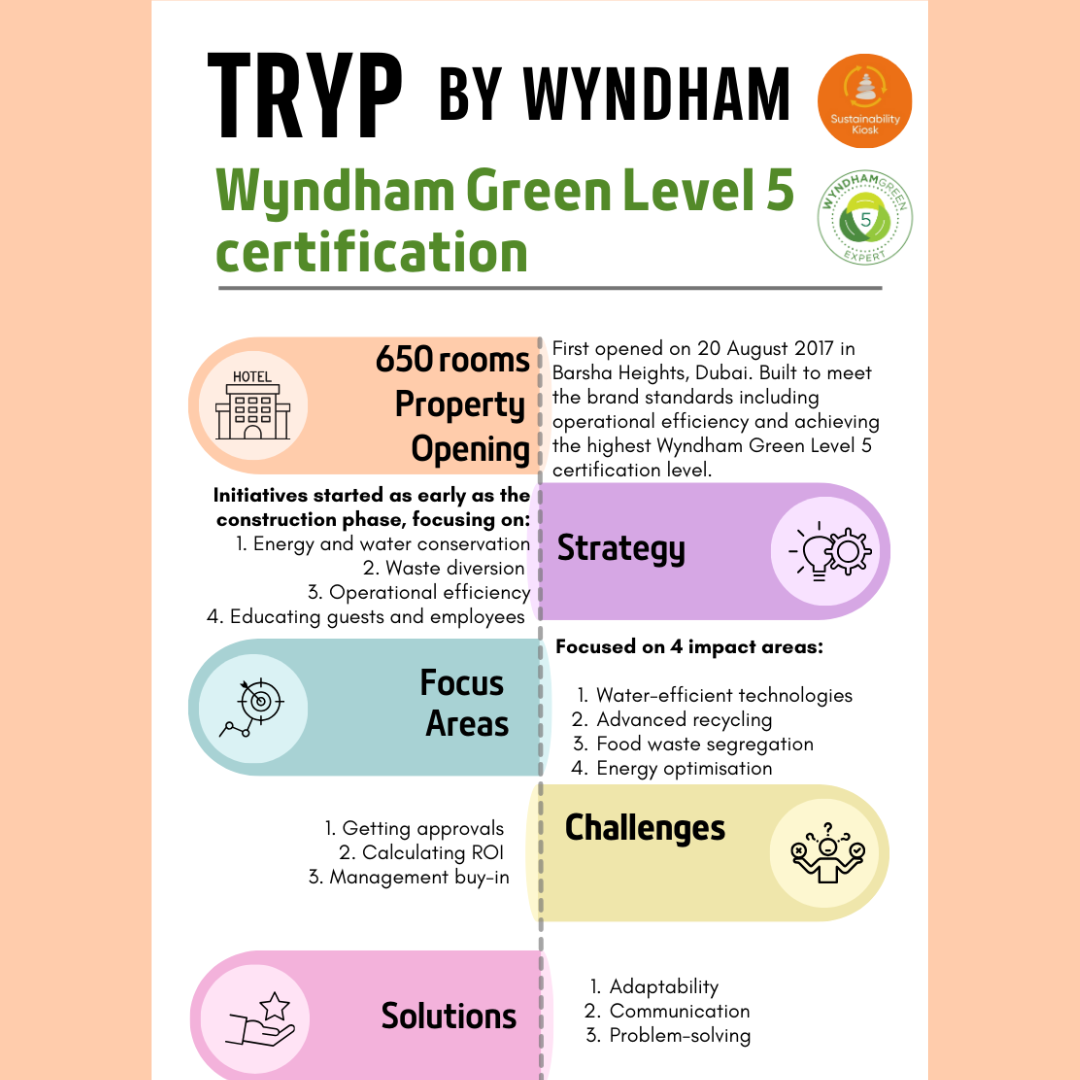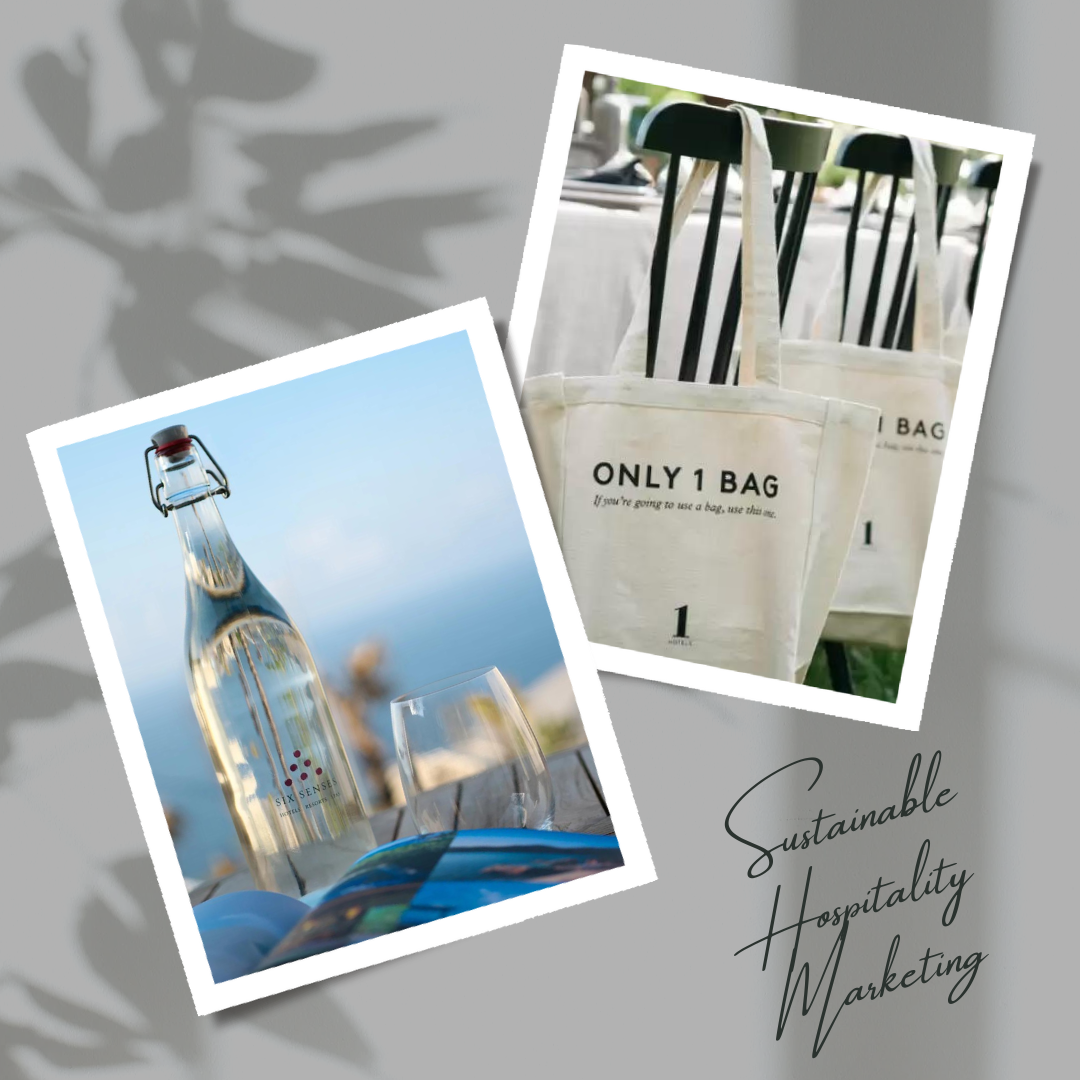Don’t miss our Series Introduction and Part 1, focusing on the United Arab Emirates or Part 2, The Kingdom of Saudi Arabia.
In part 4 of our series, we look at the State of Qatar and explore what goals and targets they have in place.
The Stae of Qatar (Qatar)
All eyes are looking towards Qatar as it inches closer to the FIFA World Cup Qatar 2022. Several counties have voiced their concern publicly over their human rights record; a regrettable image Qatar works hard to change. But what about Sustainability? On today’s global stage, there is much to live up to and compete with its Gulf neighbours in a race towards true transformative change.
How does a small nation with a traditionally carbon-based economy alter its trajectory? We explore what steps Qatar has taken when looking towards a more sustainable future.
Qatar has long been an active member of the international community regarding climate change. Qatar was amongst the first to ratify the United Nations Framework Convention on Climate Change (UNFCCC) in 1996. Qatar has since been an active partner in the campaign towards combating the climate crisis at home and abroad. Not only implementing a framework for ambitious sustainability goals but also in the 2019 Climate Summit, His Highness Sheikh Tamim bin Hamad Al Thani, announced Qatar’s contribution of $ 100M to small island states and least-developed countries to address climate change and environmental challenges.
Qatar’s National Vision 2030 and National Development Strategy -1 and -2 provide a framework that looks to transform Qatar, reflecting on its long-term sustainability goals as it responds to the climate crisis. Built upon four pillars, The National Vision 2030 looks to; human, social, economic, and environmental development as the basis for transformation as it addresses what it believes as five principal challenges.
- Modernisation and preservation of traditions
- The needs of the current generation and future generations
- Managed growth and uncontrolled expansion
- The size and quality of the expatriate labour force and the selected path of development
- Economic growth, social development, and environmental management
“The State of Qatar has placed climate change at the forefront of its priorities, and it continues to take the necessary measures to develop climate change-related technologies and clean energy”. His Highness Sheikh Tamim bin Hamad Al Thani, September 2021
In September 2021, Qatar’s Council of Ministries approved the National Climate Change Plan, releasing the National Environment and Climate Change Strategy, which is built around targets and goals in;
- GHG Emissions & Air Quality
- Biodiversity
- Water
- Circular Economy & Waste Management
- Land Use
The Climate Ministries commitment to ensuring climate-conscious practices has been adopted through the commitment to environmental research, implementation and design of sustainable cities, adopting green transport whilst being a source of clean energy and undergoing digital transformation.
The National Climate Change Action Plan follows on from four primary documents: the Qatar National Vision 2030, the National Development Strategy-1 and -2, and National Determined Contributions.
The National Climate Change Action Plan created in partnership with key stakeholders acknowledges that Qatar needed a roadmap providing a significant step towards a climate-resilient future. The plan identifies 36 mitigation measures and over 300 adaptation measures necessary to reduce emissions to achieve the overall climate target of 2030. As Qatar’s economic development depends on the oil and gas industry (the main contributor of greenhouse gas emissions), renewable energy strategies are vital in maintaining a stable economy.
Areas for future focus and current success include implementing changes to current greenhouse gas emissions, setting targets and implementing mitigation strategies. These strategies have been laid out in the oil and gas, power and water industries as well as the transportation, building, construction and industry. Key successes include;
Oil and Gas
- Carbon capture and storage plant
- Al Shaheen flare reduction project
- Hydrocarbon efficiency improvement
- Jetty boil-off gas recovery project
- Guiding principles on methane reduction
Power and Water
- Solar photovoltaic plant at Al Kharsaah
- Specification 2 improvement standards
- Tarsheed Program (electricity reduction)
- 13,000 solar rooftop panels in Education City
- Upgrade of sewage treatment plants
Transportation
- Doha Metro and Lusail Tram
- Level 3 accreditation for Hamad International Airport
- Electric tractors for Hamad Port
- Electrification of buses
- Electric Vehicle policy and charging
Building, construction and industry
- Centralised district cooling
- Smart city implementation
- Recycling construction waste 60m tons
- Implementing GSAS standards
- Circular economy in construction (recycling, re-use) infrastructure
Additional key focus areas identified include the economy, essential infrastructure, water management, healthcare, biodiversity, and food security.
Economy: Economic diversification is also a priority, having a more knowledge-based economy, with priority sectors being identified as;
- Tourism
- Logistics
- Manufacturing
- Financial services
- Information and communication technology, and
- Professional and scientific services
Infrastructure: Comprehensive urban development policy and plan for sustainable urbanisation and population distribution. Infrastructure improvements focus on sustainability, adaptation and resilience, as seen by the very high standards by which the FIFA World Cup Stadiums were designed and constructed.
Additional projects include The Qatar Integrated Railway Program, the expressway programme, roads and drainage, sustainable residential complexes in Lusail City and Msheireb Downtown, and the national integrated solid waste management programme.
Water management: Qatar obtains most of its urban water supply from seawater desalination. Objectives for improved water management include reducing domestic and industrial water consumption whilst improving energy efficiency.
Healthcare: Qatar aims for a comprehensive world-class health system with integrated and preventative healthcare utilising a skilled national workforce. It’s working towards a national health policy that provides effective and affordable services based on cost-sharing principles and high-quality research.
Biodiversity: Biodiversity forms the basis for food security and sustainable agricultural development. The plan works towards improving scientific knowledge of Qatar’s biodiversity by raising public awareness and participation in biodiversity conservation, both marine and coastal habitats, protecting and managing protected areas, and capacity building for local biodiversity issues.
Food security: Food production is a challenge due to its hot desert environment, severe lack of rainwater and scarcity of fertile soil. Much research has pointed towards sustainable local food production and logistics growth. Key initiatives include,
- Geographically diversifying trade partners for critical food commodities;
- Increasing Qatar’s levels of self-sufficiency in critical perishable commodities;
- Establishing strategic reserves for essential storable commodities; and
- developing transparent and efficient internal food supply chains.
Critical enablers for effective implementation have been identified as engaging in community awareness and communication, environmental education and human capital, technology, research and development, incentives and regulations.
In Conclusion
Effective implementation, continual review and effective governance will contribute to the success of the targets set.
See the full series by clicking below:
- Series Introduction
- Part 1, The United Arab Emirates
- Part 2, The Kingdom of Saudi Arabia
- Part 3, The Sultanate of Oman
- Part 4, The State of Qatar
- Part 5, Becoming a Sustainable Hotel & Summary
Written By: Tiffany McGrath








